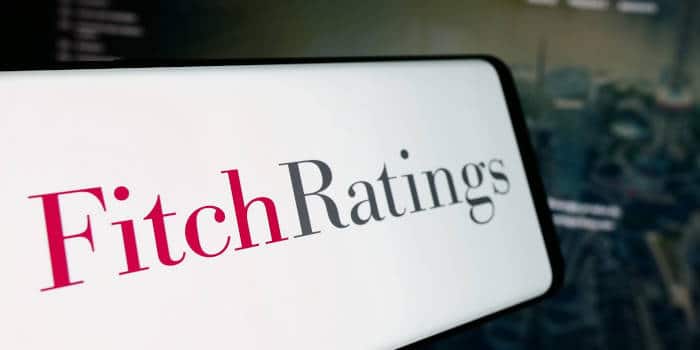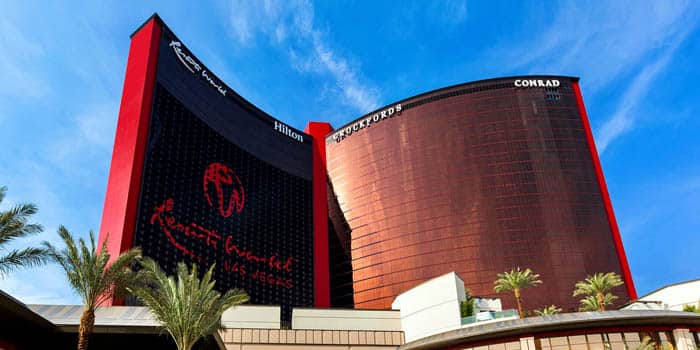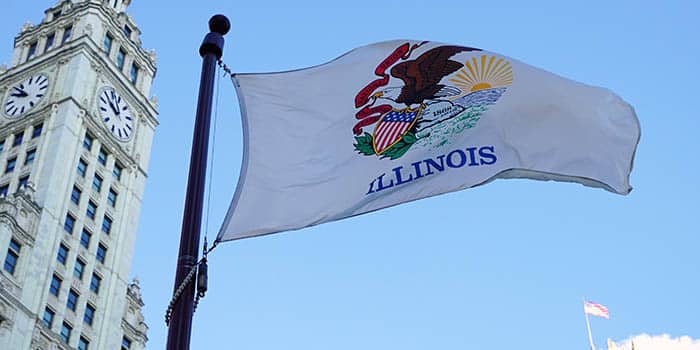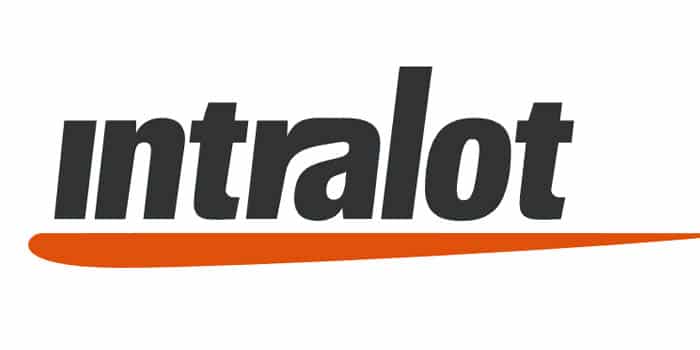- Casino
- By State
- Alabama
- Alaska
- Arizona
- Arkansas
- California
- Colorado
- Connecticut
- Delaware
- Georgia
- Florida
- Hawaii
- Idaho
- Illinois
- Indiana
- Iowa
- Kansas
- Kentucky
- Louisiana
- Maine
- Massachusetts
- Maryland
- Michigan
- Minnesota
- Mississippi
- Missouri
- Montana
- Nebraska
- Nevada
- New Hampshire
- New Jersey
- New Mexico
- New York
- North Carolina
- North Dakota
- Ohio
- Oklahoma
- Oregon
- Pennsylvania
- Rhode Island
- South Carolina
- South Dakota
- Tennessee
- Texas
- Utah
- Vermont
- Virginia
- Washington
- West Virginia
- Wisconsin
- Wyoming
- By State
- Slots
- Poker
- Sports
- Esports
Fact-checked by Angel Hristov
Senator Hopes for Ohio Online Casino Bill to Muster Support in Lame-Duck Session
Ohio’s sports betting handle has been setting new records and now, the Buckeye State could be on the cusp of actually getting a regulated iGaming market as well

After ousting several websites from the jurisdiction, Ohio is now closer to the adoption of an online casino gambling framework of its own, but an iGaming framework is still somewhat beyond reach.
SB 312 Is a Long Shot at Legalizing Online Casinos
Although still a toss-up, a new bill, SB 312 introduced in the Ohio Legislature in September, is now set to lay the groundwork for what a regulated iGaming market could look like and add to the timid momentum behind the vertical.
The bill, pitched by Senator Niraj Antani, draws heavily on fellow states that have already rolled out their online casino operations. However, there is no overshared enthusiasm about the adoption of online casinos among lawmakers.
Senator Antani is serving out his last term as a state senator and he won’t be returning in 2025. A lame-duck session is due to begin after November’s election during which time the senator will have to marshal his powers of persuasion and get more lawmakers, preferably with a longer stint than his, on board to back the bill and see it spearheaded through next year’s legislative session.
Yet, SB 312 has already given some food for thought to interested parties, including stakeholders who are eyeing Ohio with a mix of interest and expectation.
The bill proposes a 15% tax rate for iGaming, which is lower than the 20% tax rate levied on sports gambling, which could be the first contentious issue for any lawmakers who are still hesitant about the measure.
The bill also seeks to apply a $100,000 application fee, and a $30,000 licensing fee, along with a separate fee to the tune of $250,000 that will be paid outright to support the state’s problem gambling fund.
Ohio has established itself as a leader in delivering help to individuals who may be struggling with addiction. Ohio recently undertook measures to make its problem gambling support more inclusive and accessible.
The licensing arrangement is going to only last for a year, before a renewal is necessary, which means that any gambling company that wishes to run a business in Ohio, will have to pay $550,000 annually.
Does SB 312 Have a Chance to Paster Legislative Muster?
This may not be ideal, though, as the licensing process is often bothersome red tape that could sap the industry’s momentum and could potentially prove another legal thorn in pushing SB 312 through the legislature.
In the meantime, Ohio has taken a dim view of both black market operations and illegal gambling hosted locally. Looking at the bill’s chance of success, SB 312 will have until mid-December, possibly a bit later, to garner the support it needs to make a splash.
This seems unlikely, as most lawmakers’ minds will probably be focused on the outcome of the highly contentious election in November, but even then, there are prominent figures in the Buckeye State who opposed gambling vociferously.
Mike DeWine, the governor, is one. His term runs through 2027, and this means that any successful legislation could still be blocked at the checkout by the governor vetoing the bill.
DeWine though could still be brought on board – the question is, are there enough lawmakers keen on pushing online casino legalization through?
Related Topics:
Stoyan holds over 9 years of esports and gambling writing experience under his belt and is specifically knowledgeable about developments within the online scene. He is a great asset to the Gambling News team with his niche expertise and continual focus on providing our readers with articles that have a unique spin which differentiates us from the rest.
Next Article


Casino
October 22, 2024
Las Vegas: Gambler Battles William Hill for $40K Unpaid Winnings
Must Read
Casino
June 30, 2025
Man Admits to Laundering Cocaine Money Through Casinos
More Articles



Business
July 2, 2025
Rootz Rebrands to Wildz Group, Targets Growth
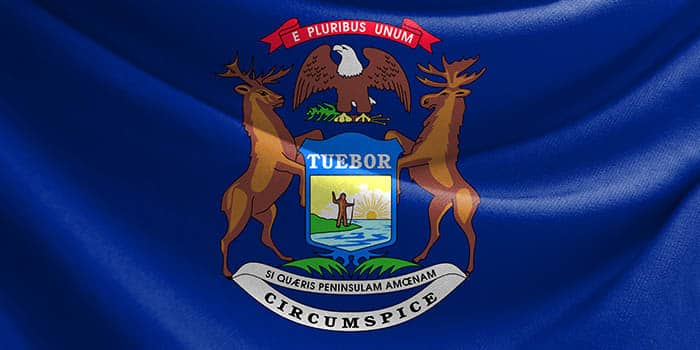
Lottery
July 2, 2025
Someone Won $865,147 at Michigan Diner



